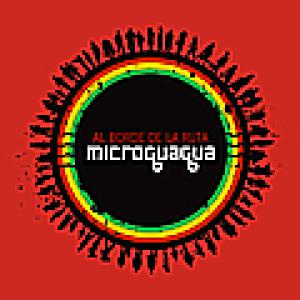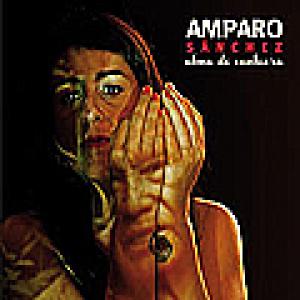It is almost a cliché, but the different members of Microguagua also got to know each other busking in the streets of the Catalan capital Barcelona. No mestizo for Microguagua however, as they prefer describing their music as "street power reggae". Initially still an acoustic band (2008's 'Rootsside'), but from their second album onwards (2010's 'Barrio Santo') also in an amplified version, Microguagua has evolved into a modern Spanish reggae band with conscious lyrics ('Never Trust In A Bank') and vocally alternating between Spanish, Italian and English (with a regrettable Spanish accent). For those still craving some mestizo, the band added three bonus remixes, for which they tried to approach the vibe of their street performances, to the track list.
For 'Alma De Cantaora', Amparo Sanchez also joined forces with the Kasba Music label, but those hoping for a return to her Amparanoia mestizo-roots will be somewhat disappointed. Title track 'Alma Cantaora' ("a singer's soul") both in the original version as in the reggae version featuring Chalart58 and Bongo Botrako, evokes echoes from Sanchez' mestizo-past and 'Fuera Fiera' is also supported by a nice rumba Catalana rhythm, but the rest of the tracks on 'Alma De Cantaora' are fairly understated in nature. Just like for 'Tucson/Habana', 'Alma De Cantaora' is largely influenced by the music of the Mexican-American "frontera" ('Para Ti' and 'Muchacho', once again featuring Calexico) and Cuba ('Que Te Pedi', a cover of a song by Cuban legend La Lupe).



